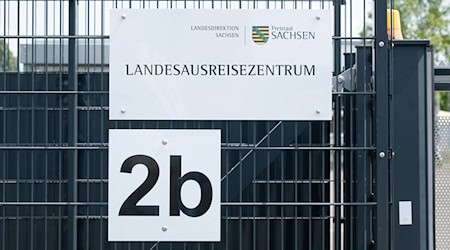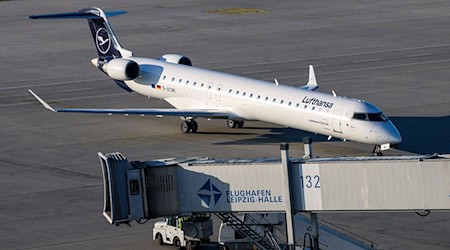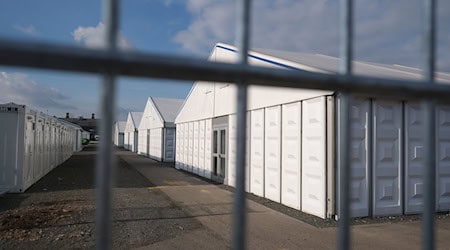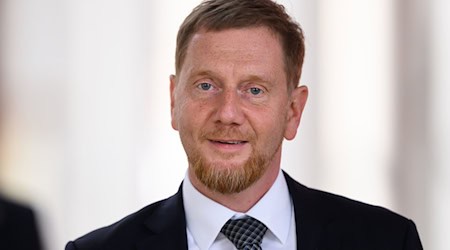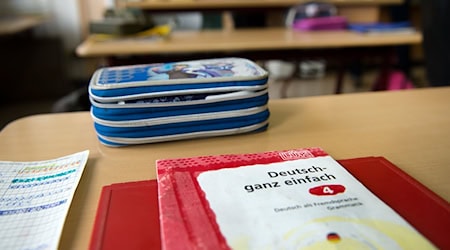Around 160,000 people from Ukraine currently live in Bavaria. The Federal Statistical Office put the number at 168,000 on Thursday as of October 2023. In 2023, the overall influx to Germany had slowed significantly compared to 2022.
This means that Bavaria is home to the second-highest number of refugees from the country, after North Rhine-Westphalia (234,000) and ahead of Baden-Württemberg (159,000). However, if you consider the ratio to the total population, Bavaria is far behind when it comes to taking in Ukrainian refugees: Ukrainians make up 1.3 percent of the Bavarian population. Only in Rhineland-Palatinate, Schleswig-Holstein and Brandenburg is it even lower at 1.2 percent. In Hamburg (1.7 percent), Berlin (1.6 percent) and Mecklenburg-Western Pomerania (1.5 percent), it is significantly higher.
According to the Bavarian Ministry of the Interior, 48,700 war refugees from Ukraine are currently being accommodated by the state. Of these, around 11,100 Ukrainians are housed in regular asylum accommodation.
According to an extrapolation by the Federal Employment Agency (as of November 2023), 38,300 Ukrainian nationals are employed in Bavaria, 31,100 of whom are subject to social security contributions and 7,200 in mini-jobs. 90,000 people from Ukraine were receiving citizens' benefits in October 2023, almost 63,000 of whom are able to work.
A good 60% of immigrants nationwide were female. According to the Federal Statistical Office, 34 percent were children or young people. Around 40 percent of refugees in mid-2023 were single parents with children.
Copyright 2024, dpa (www.dpa.de). All rights reserved



